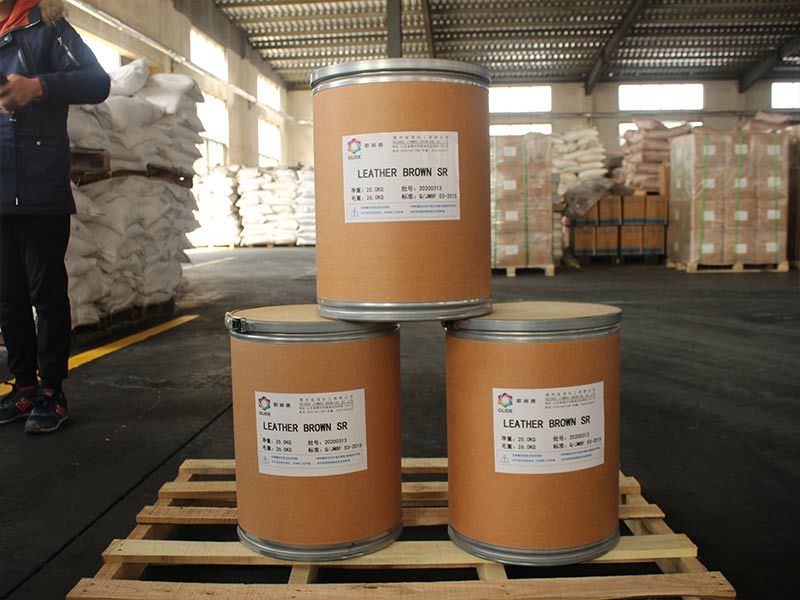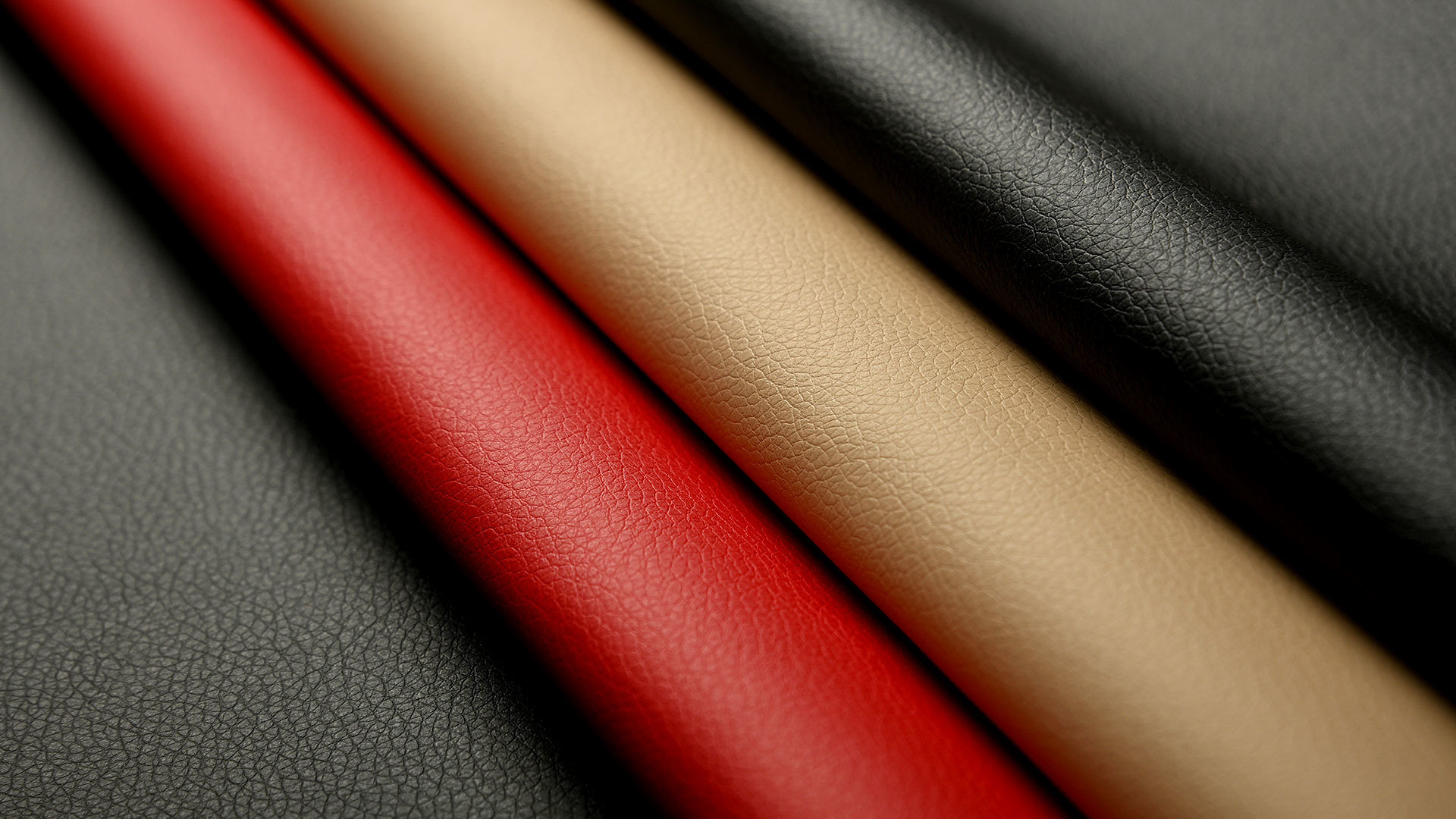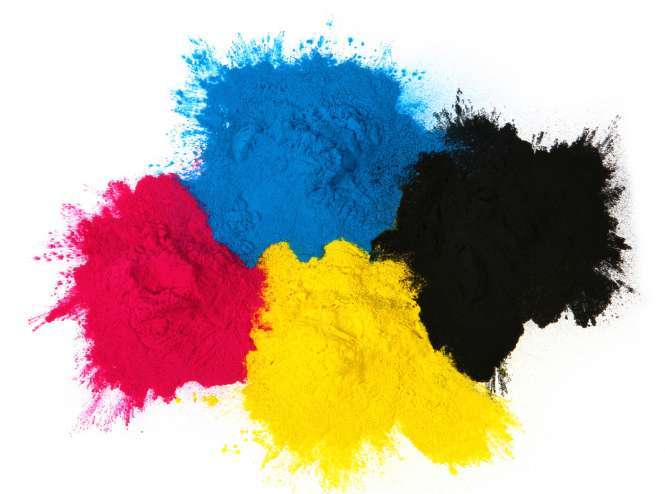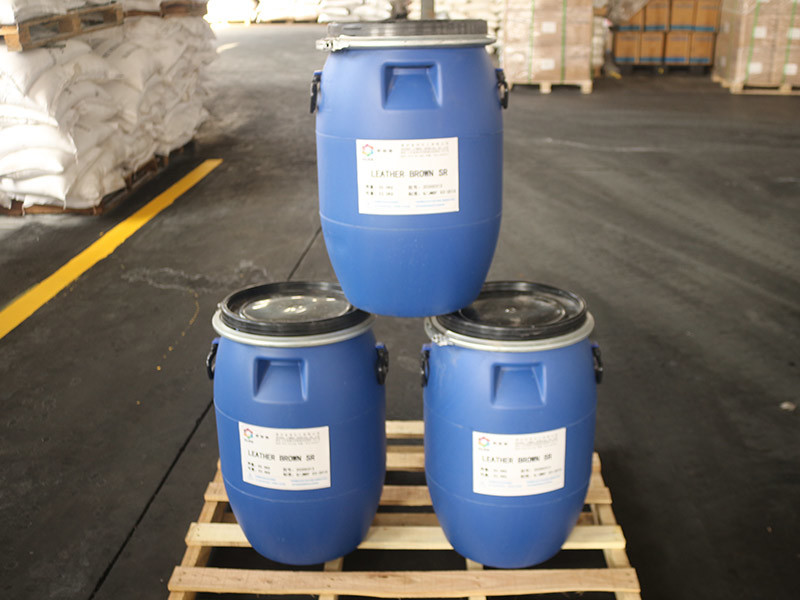How to choose disinfectant products
Disinfection is the process of killing or eliminating pathogenic microorganisms in the environment. Disinfectant products have become essential protective supplies during the COVID-19 pandemic, making the public aware of the importance of home disinfection. Today, we will briefly understand some commonly used disinfectant products.

1. Which products are considered disinfectants?
Disinfectants: Formulations of sanitary products used for medical disinfection.
Disinfection equipment: Equipment used for disinfecting medical instruments, items, tableware, air, water, surfaces, biological indicators, chemical indicators, and sterilization packaging.
Sanitary products: Sanitary napkins, diapers, wet wipes, antibacterial (sterilizing) agents, eyewear cleaning solution, tissues, cotton swabs, cotton pads, etc.
2. How can consumers purchase disinfectant products?
Pay attention to whether the product indicates the hygiene license number of the disinfectant manufacturing enterprise; for example: (abbreviation of province, autonomous region, or municipality) Health Disinfection Certificate (year of issuance) No.××××. Disinfectant products are not medicines and do not have therapeutic effects; they should not indicate disease symptoms and names; check if the product is within its validity period.
3. Common disinfectant products for preventing COVID-19
Medical alcoholA concentration of 75% is most effective. Do not spray alcohol directly on the body to prevent allergic reactions. Be sure to use it after dilution.
4. Caution when using alcohol for disinfection!
Do not use alcohol for large-scale spraying and disinfection of environmental surfaces, such as corridors, conference rooms, and offices. If there is an open flame or static electricity, it may catch fire. Store alcohol carefully, away from fire sources, and out of reach of children. For example, after spraying high-concentration alcohol, do not cook, make phone calls, smoke, or use electric mosquito swatters. Before using alcohol, clean nearby flammable materials and do not spray directly into the air. When disinfecting electrical appliances and stove surfaces, turn off the power and fire source first, and wipe with alcohol after cooling to avoid ignition from alcohol vapor.
5. Caution when using 84 disinfectant!
DisinfectantsThe disinfection effect of chlorine-containing agents like 84 is affected by the concentration of the disinfectant, disinfection method, and disinfection time. When using, prepare the appropriate concentration according to the product specifications and actual usage. A large amount of irritating gas will be produced during preparation, so it should be done in a well-ventilated area. If accidentally ingested or splashed into the eyes, rinse with plenty of water and seek medical attention promptly. Do not mix with other substances.
Chlorine-containing agents like 84 disinfectant should not be mixed with vinegar, detergents, or some acidic disinfectants (such as toilet cleaners). For example, toilet cleaners containing hydrochloric acid will react chemically when mixed with 84 disinfectant, releasing chlorine. Inhaling chlorine can cause coughing, difficulty breathing, and even dizziness. Especially in small, poorly ventilated spaces like bathrooms, it can reach a concentration that leads to poisoning. Mild cases may cause coughing and chest tightness, while severe cases may lead to difficulty breathing and even "electrocution" death!
Organic matter affects disinfection effectiveness. Disinfectants and chlorine-containing agents are easily affected by organic matter (such as blood, body fluids, etc.), which can reduce disinfection effectiveness. If there is organic matter on the surface of an object, it should be cleaned and disinfected.
Preparation and storageChlorine-containing agents like 84 disinfectant are unstable and volatile, and should be stored in a cool, dry place. It should be used now and should not be diluted with water above 50°C. Chlorine-containing disinfectants should not be used to disinfect iron and metal products.
6. Disinfect with hydrogen peroxide.
It should not be ingested and should be kept out of reach of children. Do not mix with alkaline substances. Store at room temperature, away from light and heat. Do not touch with hands.
Latest developments






